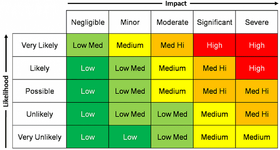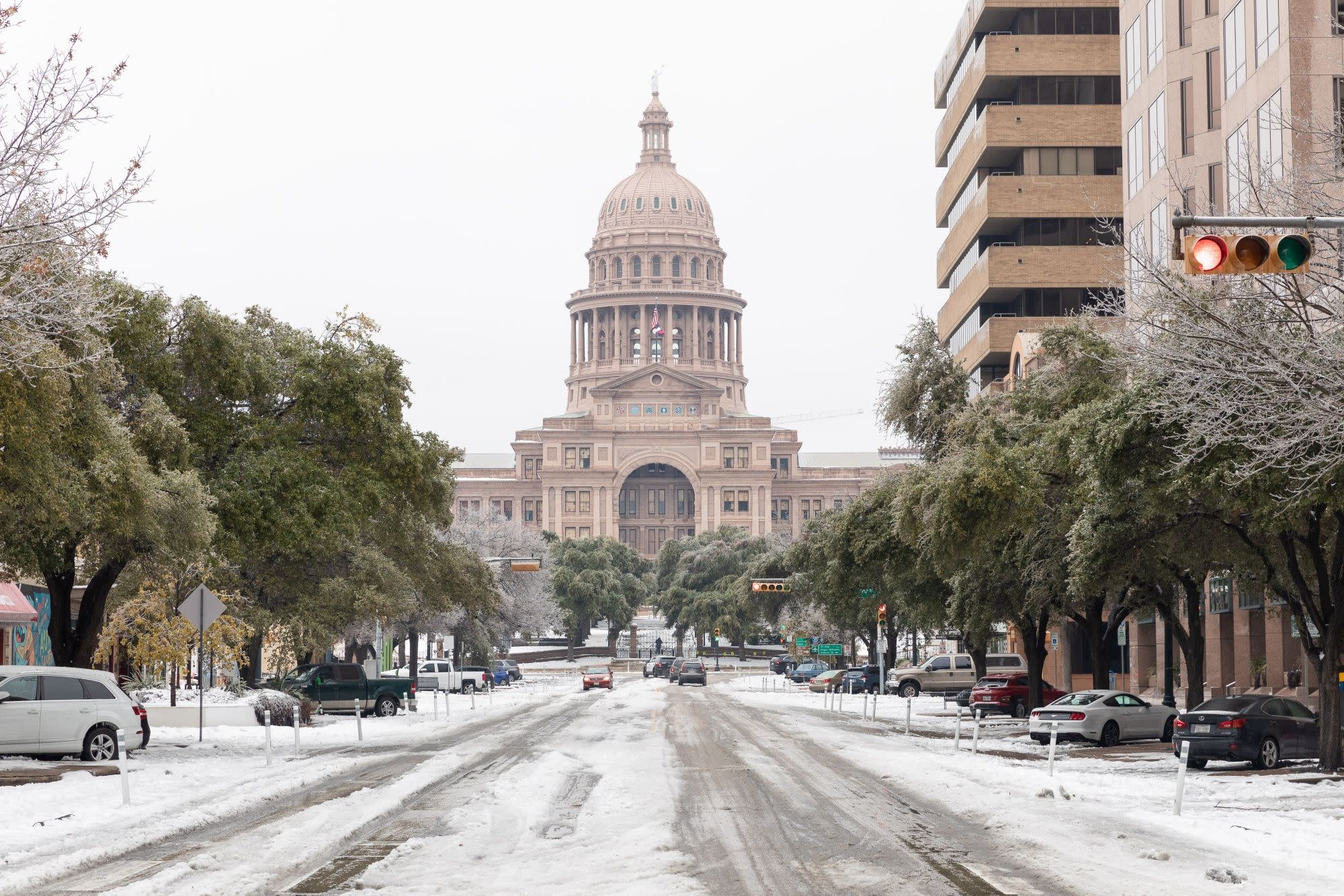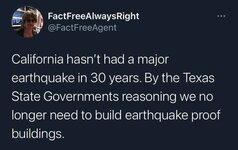- Messages
- 2,159
- Reactions
- 3,410
What's happening in Texas will be a walk in the park when the US dollar collapses..
That being said, my heart goes out for Texans having to deal with this kind of cold weather and the foot or so of snow they got.. Well, still not as bad as the entire Pacific Northwest living under smoke and fire for 3 months and not being able to even leave their houses without dying if you are not wearing a respirator.. I kind of feel like Americans as a whole are very complacent and unprepared for disaster.. I found it ironic people on Mexico side of border were melting snow , boiling it and using it as water while poor, helpless Americans were running to shelters fearing they will die of thirst. It's interesting how people in poorer countries have to be more resourceful just to stay alive and in times of chaos it tend to be able to rough it out a little easier than people from more coddled and wealthier nations. Of course, what kind of silly prepper would dare store a couple weeks water supply in their house? I always keep lots of jugs of water around and it always gets a good laugh, untill.. Until, those same people get thirsty ..
..
Here in the Carolinas, ironically, we get pretty fierce heat waves at times and its been even really freakin cold in winter (down in the teens and single digits) and we have hurricanes, floods, monsoons, ice storms and just had a major EF-3 tornado that killed some people a few days ago.
Yet, nothing seems to make a dent on this place. Carolinas are one of those weird places that pretty endure every kind of weather phenomenon imaginable.
Again, feel bad for Texans.. Surprised that April weather in Colorado could wreck such havoc on such a great state.
But, just wait until the next heat wave when Texans are laughing at all the weaklings up North while they are just relaxing on another 110F day under resilient A/C systems while the rest of people run to their heat shelters, suffer major power outages, fires, and unimaginable chaos.
That being said, my heart goes out for Texans having to deal with this kind of cold weather and the foot or so of snow they got.. Well, still not as bad as the entire Pacific Northwest living under smoke and fire for 3 months and not being able to even leave their houses without dying if you are not wearing a respirator.. I kind of feel like Americans as a whole are very complacent and unprepared for disaster.. I found it ironic people on Mexico side of border were melting snow , boiling it and using it as water while poor, helpless Americans were running to shelters fearing they will die of thirst. It's interesting how people in poorer countries have to be more resourceful just to stay alive and in times of chaos it tend to be able to rough it out a little easier than people from more coddled and wealthier nations. Of course, what kind of silly prepper would dare store a couple weeks water supply in their house? I always keep lots of jugs of water around and it always gets a good laugh, untill.. Until, those same people get thirsty
Here in the Carolinas, ironically, we get pretty fierce heat waves at times and its been even really freakin cold in winter (down in the teens and single digits) and we have hurricanes, floods, monsoons, ice storms and just had a major EF-3 tornado that killed some people a few days ago.
Yet, nothing seems to make a dent on this place. Carolinas are one of those weird places that pretty endure every kind of weather phenomenon imaginable.
Again, feel bad for Texans.. Surprised that April weather in Colorado could wreck such havoc on such a great state.
But, just wait until the next heat wave when Texans are laughing at all the weaklings up North while they are just relaxing on another 110F day under resilient A/C systems while the rest of people run to their heat shelters, suffer major power outages, fires, and unimaginable chaos.




















